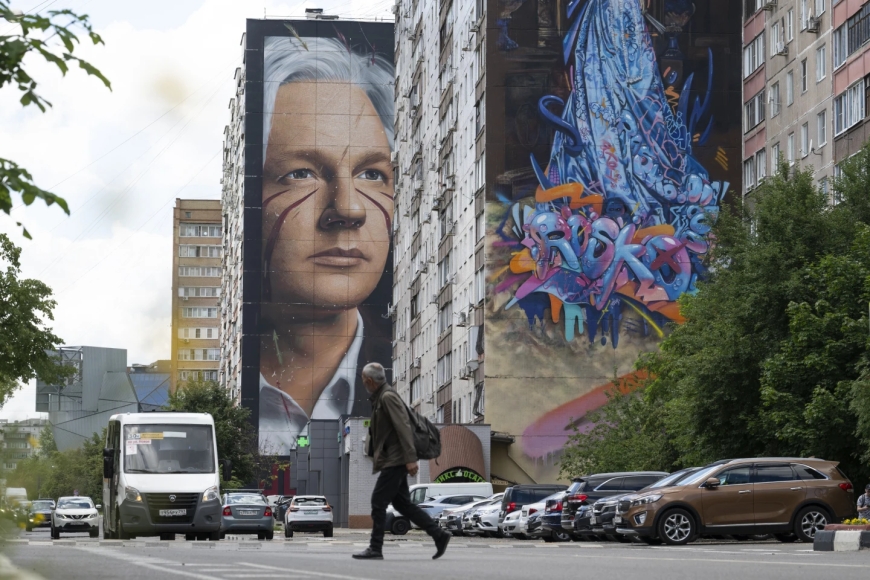Julian Assange's Plea Deal: A Resolution to a Decades-Long Legal Saga

Julian Assange, the controversial founder of WikiLeaks, has reached a landmark plea deal with the U.S. Justice Department, effectively resolving a protracted legal battle that intersected press freedom with national security concerns spanning multiple administrations and continents. Here are key aspects of how this historic agreement came to fruition:
The path to resolution began over a year and a half ago, when Assange's legal team initiated discussions with federal prosecutors in Virginia. Initially proposing to drop the case altogether, Assange's team later explored the possibility of a guilty plea, conditioned on avoiding additional prison time and circumventing extradition to the United States. A pivotal proposal emerged: Assange could plead to a misdemeanor remotely, or alternatively, WikiLeaks could admit to a felony charge while Assange accepted a misdemeanor.
In recent months, Justice Department officials floated a groundbreaking concept — permitting Assange's plea to be entered outside the contiguous United States. The Northern Mariana Islands, a serene Pacific territory, was selected for its logistical and legal suitability.
Extradition Challenges
Assange's extradition from the UK, where he had been held since his eviction from the Ecuadorian Embassy in 2019, posed substantial legal hurdles. Despite a recent UK court ruling allowing an appeal against extradition, ongoing delays and mounting legal costs underscored the complexity of securing his transfer to the U.S.
The Pacific Island Courtroom
On a remote Wednesday in Saipan, amidst the tranquil backdrop of a Pacific island steeped in World War II history, Assange arrived for the pivotal court session. Escorted in a white vehicle, he appeared composed in a dark suit, symbolizing a journey from confinement to legal resolution. Inside the federal courthouse, Assange engaged attentively, donning glasses to review documents and offering occasional remarks. Upon entering his plea, U.S. District Judge Ramona Manglona pronounced Assange a "free man," marking a symbolic end to years of legal entanglement.
Assange's Future and Reception
Returning to Australia on a charter flight, Assange was greeted by jubilant supporters and reunited with his family, including his wife Stella and father John Shipton. Avoiding immediate media scrutiny, Assange embraced the newfound freedom that followed years of confinement and legal battles. His future remains uncertain, with speculation about his plans for reintegration into everyday life and potential legal undertakings.
As Julian Assange embarks on a new chapter post-plea deal, his case leaves a lasting imprint on global discussions about freedom of the press and government transparency. While the resolution marks an endpoint in his legal ordeal, the broader implications of his actions and the precedent set by his case continue to resonate in legal and journalistic circles worldwide.
This agreement, reached against a backdrop of international scrutiny and legal complexities, serves as a testament to the enduring tensions between national security imperatives and the fundamental principles of journalistic freedom.













































